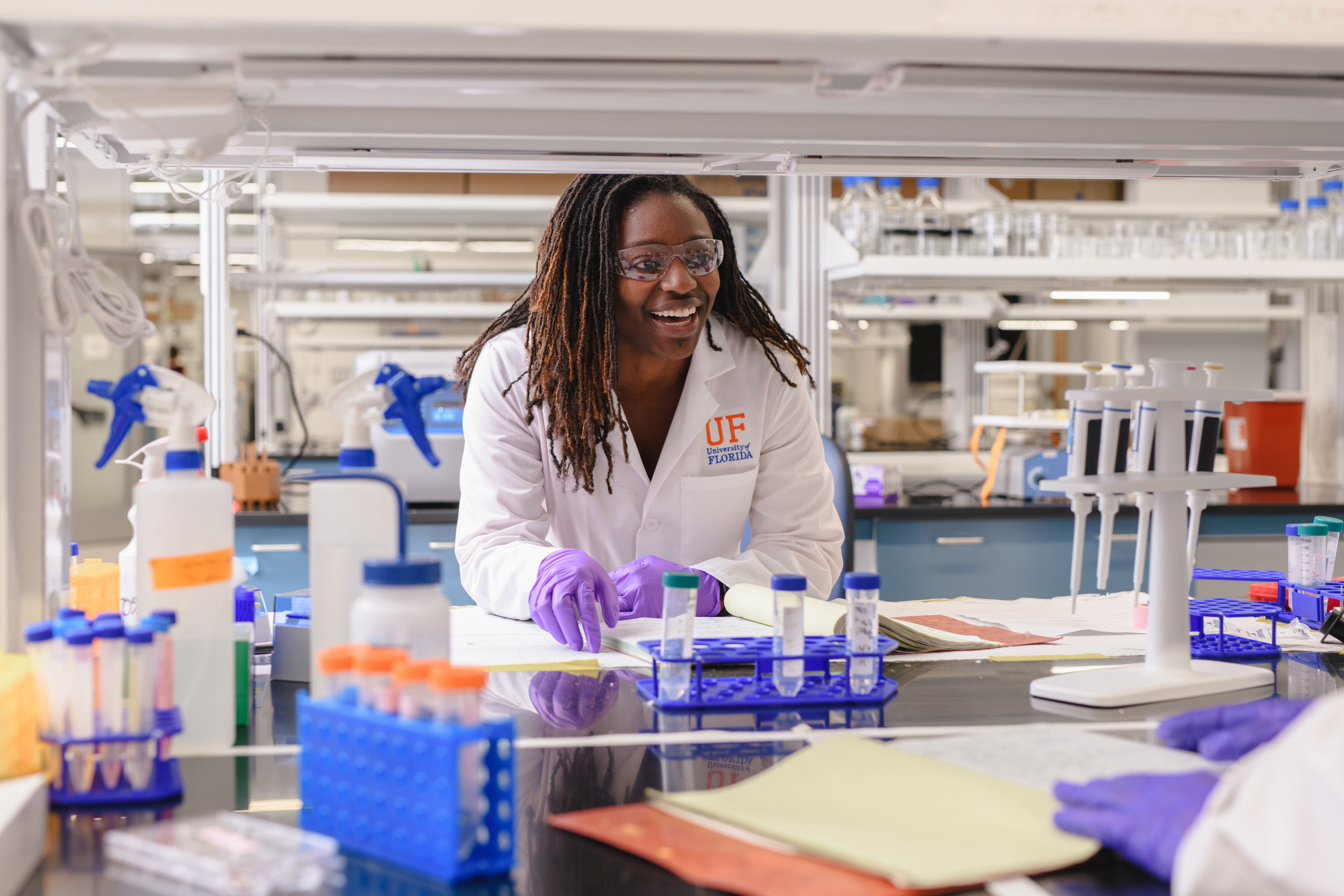Biomaterial Models of Health Disparity in Lupus: Characterization of Ancestral Differences in Monocyte-Mediated Vascular Inflammation

Erika Moore, PhD
Assistant Professor
University of Maryland, College Park
Fischell Department of Bioengineering
General Audience Summary:
The connection between ancestry and lupus is not well understood. Understanding this connection will improve treatment options for lupus patients of African ancestry, who are more likely to develop serious complications compared to patients of European ancestry.
Dr. Erika Moore will use this Career Development Award to study immune cells called monocytes in lupus-related inflammation in blood vessels. Lupus causes many symptoms and complications, including vasculitis or inflammation of the blood vessel, which leads to the development of cardiovascular disease. Monocytes are immune cells that can promote blood vessel inflammation, and their functions may be influenced by ancestry. Dr. Moore’s research team will look at monocytes from women of African and European ancestry, with and without lupus, to determine how monocytes promote promote blood vessel inflammation. This method will allow Dr. Moore and her team to understand how lupus and ancestry influence monocyte functions. The researchers will also look at how the monocytes interact with blood vessels to influence inflammation.
What this study means for people with lupus:
This study will help the lupus medical community understand how ancestry influences lupus-related blood vessel inflammation, which will help with the development of new therapeutic options for patients at higher risk of developing lupus-induced cardiovascular disease.
Scientific Abstract:
Systemic lupus erythematosus (SLE) is an autoimmune disease that disproportionally affects women of African ancestry compared to women of European ancestry. Vascular inflammation occurs in SLE and leads to co-morbidities including cardiovascular disease development via vessel inflammation or vasculitis. Importantly, monocyte immune cells can promote blood vessel inflammation through influence on endothelial cells. However, to date, limited profiling of ancestry contribution to monocyte function in vessel inflammation has been considered.
Additionally, clinically relevant models using patient monocytes to probe their contribution to vessel inflammation do not exist. Our central hypothesis is that SLE monocytes from women of African ancestry will express elevated pro-inflammatory markers and thus promote higher levels of endothelial inflammation compared to women of European ancestry with SLE and ancestry matched healthy controls. The work proposed will (1) characterize SLE monocyte phenotypes with the consideration of ancestry and (2) quantify monocytes blood vessel interactions using biomaterial models. Flow cytometry, secretome analysis, and bulk sequencing of the monocytes will enable immunological phenotype characterization. Using three biomaterial models, we will achieve robust quantification of endothelial inflammation and monocyte-endothelial cell interactions to assess monocyte influence on endothelial inflammation. This work will identify monocyte phenotypes in SLE according to ancestry, elucidate differences in monocyte-endothelial interactions, and reveal monocyte contribution towards cardiovascular risk with the explicit consideration of ancestry.
Training: My research in developing biomaterial models has focused on immune cell characterization and validation of cell-cell contact. The next step in my academic career is to transition my expertise in biomaterial model development for clinical application in SLE. The proposed career development training will focus on both technical goals and career objectives: (1) characterizing immune cell populations using flow cytometry, secretome analysis, and RNA sequencing, (2) biomaterial model development of immune-endothelial interactions, (3) iterating on my grant writing skills focused on converting this award to an R01, and (4) training in lab management and leadership. Accordingly, I propose intensive topics focused on mentorship, coursework, and contextual learning through my mentoring team, consultants, and external advisors. This award will provide protected time to receive the necessary training to enhance my expertise in these four areas and will propel me towards an independent research career focused on the development of biomaterial models of immune-mediated endothelial inflammation in disease-relevant contexts.